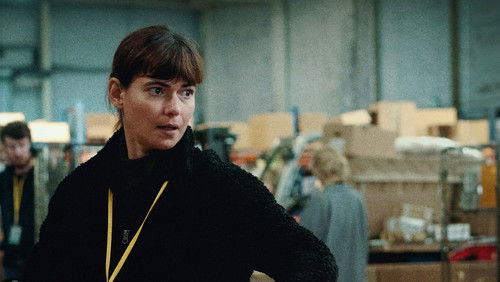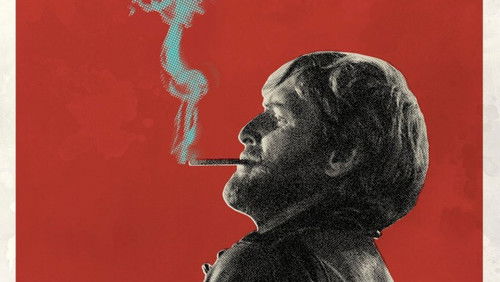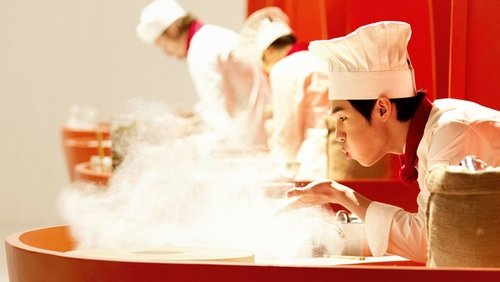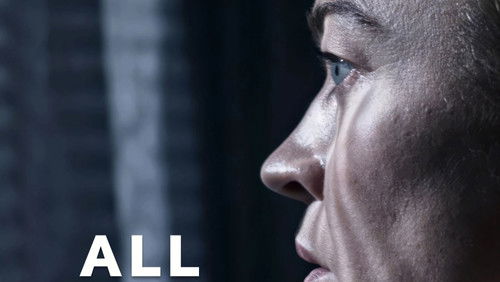Capturing Mary (TV Movie 2007)
11KCapturing Mary: Directed by Stephen Poliakoff. With Maggie Smith, Ruth Wilson, David Walliams, Danny Lee Wynter. A young man ushers an older woman into a dark exploration of her past – back to the time when, as a young girl, she met a stranger who affected her life forever.
“Hard not to argue with all the 1 and 2 star ratings. This is not a Hollywood-type movie. My take is a little different from those who believe the film is about power over others or miss spent youth. In trying to understand why this movie was made, and why many seem to think that there is not plot – I suggest the following.u003cbr/u003eu003cbr/u003eGreville never existed. He symbolically, was Maryu0026#39;s past, which she never fully escaped from.u003cbr/u003eu003cbr/u003eGreville was the representation of those times. He understood the horrors of the class system and power, but insisted that elitism is the better choice over the unwashed masses. That much is clear, that is, his attitude. Why did Greville need Maryu0026#39;s help? Because Greville was dying, that is, his power waning, his generation losing influence. That is, he is clearly depicted as representing his times in his unchanging attitude and even his u0026#39;symbolicu0026#39; refusal to dress to the times. He knew many secret things, but no one really knew who or what he did, again symbolic, not really a man, but an incarnation of the theme – the passing of a generation.u003cbr/u003eu003cbr/u003eBut how could have Mary helped this u0026#39;symbolu0026#39;? She was a writer, and could have written/influenced the course of social change. She lost her job, as it was stated, because her u0026#39;voice of youthu0026#39; had already become passe. Mary, again as stated, was born between what was coming of age and what was dying socially. Somewhere along the way she lost her voice, her inspiration. Greville, wanted her to be his partner, he could help her professionally, meaning that by writing favorably of the past, of those mores, beliefs, and class system, those still in power (albeit waning) could support her.u003cbr/u003eu003cbr/u003eGreville, the symbol, didnu0026#39;t directly have Mary fired. It was a plot device. Mary, as was stated, simply lost favor as the times moved on. Mary was torn between the past and her uncertain future. She dressed the part, again as stated, but she really didnu0026#39;t belong to the changes coming.u003cbr/u003eu003cbr/u003eI believe, if you see Greville as a plot device, a symbol of Mary being lost between generations, then we see the sad story of a women who was lost. She was at her best when she was young, criticizing the mores of class and status. But then that grew tiresome, and meaningless, being on the leading edge, that type of criticism was soon to be common place.u003cbr/u003eu003cbr/u003eThe Greville, inside of her, wanted her to support what was refined in society, even if the gild often covered over ugliness just beneath the surface. Greville haunted her, when she wrote, she always ended up in the wine cellar, a symbol of the elite.u003cbr/u003eu003cbr/u003eWhy couldnu0026#39;t she surrender to Greville, that is, the voice in her representing, belonging to the past? That is a hard question to answer, and I would think could only be answered subjectively. I can venture to say that she recognized the ugliness of the past, but also could not accept how social change was pushing society towards also becoming ugly, common. Consequently, she was lost between two worlds. One the one hand a world her youth rejected, and the other which she becomes common herself, and wrote about antiques.”









